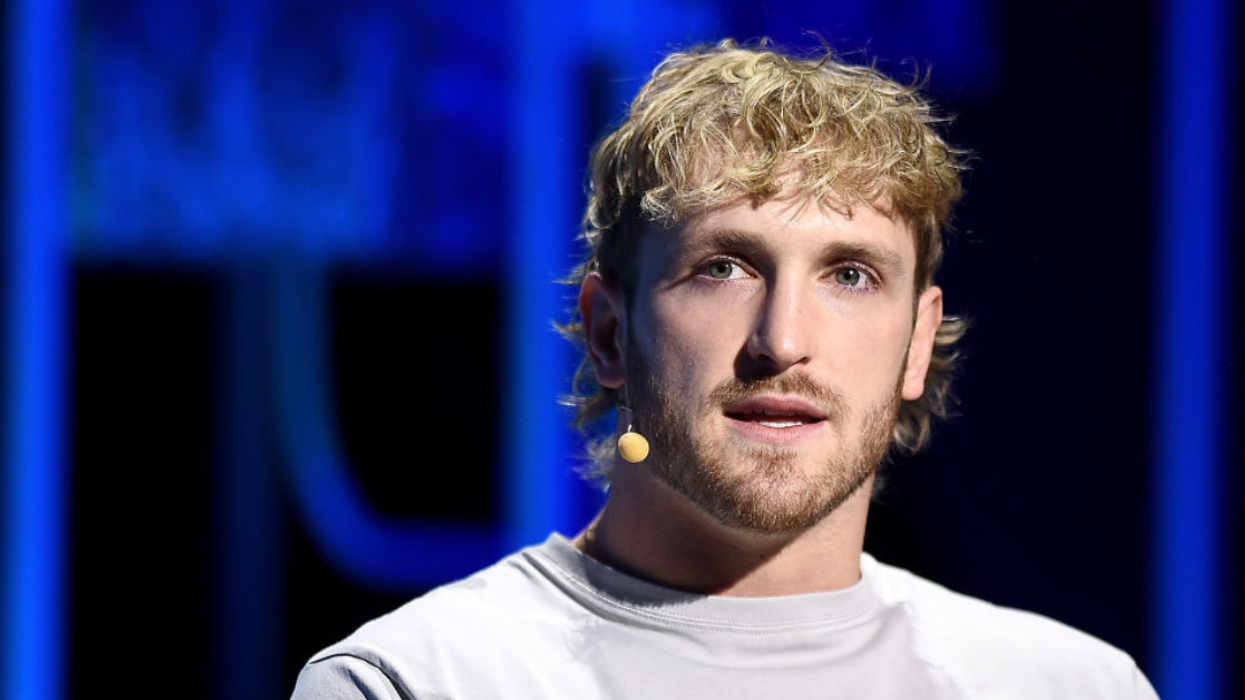Asking questions is a natural part of learning about the world around you.
Sometimes those questions can be awkward, or you want to avoid inadvertently hurting someone with your question.
Here are some LGBTQ+ folks' answers to questions straight people have been wanting to know about but haven't been able to ask.
Reddit user KingOfCranes asked:
"Straight people of reddit, what's something you've always wanted to ask an LGBTQ+ person?"
"If by take it poorly, you mean they could bash me up or kill me or out me to a bunch of people who could, then yeah, I get worried."
"It's why LGBTQ+ safe spaces and events (ranging from small businesses or community groups to clubs and bars to Pride and Mardi Gras) are just so important and necessary; so that fear is minimized, just a bit."
"It's a slowww process when you don't know their sexuality."
"Usually you start up a casual friendship and casually drop that you're gay. If they come out to you in response, the lines are pretty much open."
Gender Isn't Binary
"I honestly don't understand gender-fluidity/non-binary. I thought the whole point of gender equality was to recognize that certain traits don't have to be distinctly masculine or feminine, so men and women don't have to feel ashamed or awkward about pursing careers and interests that were traditionally geared towards a certain gender."
"Where does non-binary and gender-fluidity fit into this? By saying that you sometimes feel like a man, and sometimes feel like a woman, aren't you just perpetuating the idea that certain feelings, interests and desires are the domain of a certain gender?"
"Gender roles, gender expression, and gender identity are all separate."
"Gender roles are socially constructed concepts that push different biological sexes into different jobs, roles, and even interests. 'Men are doctors, women are nurses' is an example of a gender role."
"Deconstructing gender roles is an important step towards equality."
"Gender expression is based in gender roles. It's about choosing to follow stereotypically feminine roles, stereotypical masculine roles, both, or neither. This is present in careers, hobbies, clothes, and things like personality."
"Placing things as feminine or masculine is part of age old gender roles and we wouldn't lose any thing if things weren't feminine or masculine. However, allowing people to choose their own expression is a step foward, even if it's rooted in traditional gender roles."
"Gender identity is internal rather than external. Most people are cisgender, identifying with their birth sex."
"A small number of people are transgender, identifying with something outside of their birth sex. Most transgender people are binary, meaning that they are male to female or female to male."
"Not all trans women are stereotypically feminine; some are tomboys. Not all trans men are stereotypically masculine; some are very effeminate."
"This is because gender is separate from both sex and gender roles. Gender isn't a feeling like happiness or sadness. It's honestly something that isn't fully explained by the scientific community."
"It's a feeling in the sense that being called he/him feels right (or she/her for trans women). Transgender people choose to be seen outwards as what makes them comfortable. And many of them are gender non-conforming. E.g. a trans man that wears skirts and make-up."
"Non-binary is an umbrella term that encompasses everything that is neither fully man nor fully woman. Every non-binary person is different most have a different experience of gender than even other non-binary people."
"Non-binary people can take on any gender role or gender expression they want, just like men and women can. Their gender identity is internal, meaning that they label themselves with whatever term or set of terms feels right."
"Genderfluid people have an internal identity that changes. They can choose to always present in a masculine or a feminine way, because gender roles and expression don't equal identity."
"But they're internal identity can go from gender neutral to fully male, fully female to gender neutral, fully female to fully male, partially female to fully male, and any combination thereof."
"TLDR: Gender roles are a social construct. Gender expression is constructed around gender roles. Gender identity is internal and seperate from both of these."
"Hey! Genderfluid person here."
"Traits such as feeling masculine or feminine isn't what makes my gender feel different some days. Heck, I can identify entirely as a girl but just feel really masculine and so I dress that way."
"Gender involves just feeling deep in your gut, regardless of appearance that you are a certain gender. Interests, desires, and expression have nothing to do with it, though many dress a certain way to pass."
Strictly speaking
"Is the male 'gay voice' a natural thing, or is it something people do on purpose?"
"Kind of both, the gay male community has a fair degree of feminine men who may speak higher, but that male femininity becomes part of the 'culture' of the gay community, so people tend to play up that femininity and that can be through exaggerating a lisping tone."
"It may not be a conscious process, but it can also be quite liberating to express characteristics that they have grown up feeling they have to repress."
"It's a similar thing in lesbian communities, a lot of lesbian women describe how they have always been more masculine than other women, but now the 'short haired tomboy' look is absolutely iconic in lesbian communities."
"I've had that voice since I could talk. I'm not entirely sure how I came to have to have it (my theory is that I got it from almost exclusively hanging out with girls as a child and picking up their speech patterns) but it's certainly not something I put on. I can put on a 'straight voice' on purpose, though."
Healthcare
"Trans folks, how would you like us medical people to respectfully address your transition? I am comfortable asking about preferred pronoun use, but struggle to address questions about where you may be in your transition."
"Information about the lack of or the addition of physical parts is often vital to forming proper a treatment plan, and I really would love to be respectful and non offensive when asking such personal questions."
"I want all my patients to feel safe. I want to advocate for my patients. Offer them a non judgmental and open environment in which to receive care and heal well."
"I want to ensure that proper, appropriate,quality healthcare is available to them. Any advice would be greatly appreciated!"
"...but struggle to address questions about where you may be in your transition."
"I can't speak for all trans people, but when it comes to a medical situation, I'm completely open about all aspects of my transition. Just ask in a respectful way, and you'll get the info you need."
"I've had a GP ask if I was going to get the surgery. That was not the right way to ask."
"Be upfront about your reasons for asking. And make sure they have the option of privacy if at all possible, so they don't get outed by random people nearby."
"'Hi. I know this may be uncomfortable, but I will need to ask you some questions about the specifics of your medical transition to allow me to develop a safe treatment plan. If you're uncomfortable with any of the questions I ask, please let me know and I'll be happy to talk to you about why the question is important to the treatment you may need'."
Finding love
"How would you go about finding a partner? Like you gotta make sure the person is also gay/bi..so how? Do you ask or something?"
"God bless the internet."
"Also, this is why gay bars are an important part of LGBT+ culture. It's a place where asking if someone is gay is a safe thing to do."
"Dad(dy)/Papa or Mom(my)/Momma are common."
"Mommy and Mamma are what my children (3 year old twins) use. My ex-wife and I are getting a divorce, and I'm now with a male."
"My daughter has started occasionally referring to my partner as Daddy, though it's mostly his first name. The ex and I had to have a chat about that at first (as straight folks would), and we have decided that a permanent stepparent is okay to be referred to as a parent."
"So my kids have a Mommy, a Mamma and a Daddy/Nate."
Impact of bigotry
"Do you ever feel that being a part of the LGBTQ+ community has impacted your life negatively, or stopped/got in the way of your dreams or passions."
"Sure, it got me fired from a 100K per year job."
"Are you f'king kidding?!?!?"
"'Is that even legal'?"
"Yes, I live in Nebraska, a state where you can be fired on the basis of sexual orientation. An amazing state senator named Megan Hunt (who gives me hope for our state's future) tried to make it illegal to fire someone for being gay this year."
"Sadly, the bill did not pass by a long shot. I think that people don't really realize how legalized discrimination is for LGBTQ+ people."
"Recognizing gay marriage nationally did just that and only that- recognizing the right to marry. You can get married Sunday, and get evicted, lose your job, and be publicly harassed Monday."
"I was always 'out' but when I stopped trying to be femme and started dressing and having my hair how I wanted, it was incredible. I took a photo series as I buzzed my hair and it is visibly changing my entire outlook as I go from long hair to a buzz cut."
"I couldn't stop smiling. I feel at ease so much more now, centred within myself in a way I hadn't before."
"And it feels a bit silly—it's just hair and wearing pants, and I'll still femme up sometimes—but in my daily life being on the masculine side of centre (soft butch kinda thing) it makes such a huge difference to my entire sense of self and comfort."
"Yes—because I was able to share more aspects of my life with friends/family."
"I think what straight people don't realize is that it's not just who you're dating, which celebs you think are cute, etc... that you feel as though you have to hide from those you aren't out with—its anything your brain thinks could lead to those topics."
"It just lifts the anxiety burden off of deep, meaningful and even not-so-meaningful conversation with those you love."
Pronouns
"What pronouns do you use for someone who doesn't identify as male or female? (sorry if I worded that offensively I don't know this stuff well)"
"You'll have to ask them yourself. People often use they/them, but they sometimes use multiple pronouns."
"People off the gender binary can still use she/her and he/him, as well as neopronouns. Pronouns don't always align with gender, which may confuse some people, but the important thing to do is be respectful and use the pronouns people ask you to use."
"Communication is important. Also, if they aren't out yet, make sure you ask them who you should and should not use their preferred pronouns in front of. (Also, there's nothing offensive about your question.)"
Pride is...
"Is 'pride' celebrating the fact that you are LGBTQ+ or the fact that you by and large are no longer persecuted (I know some are but you aren't being lynched by members of the government a la Nazi times) for your lifestyle?"
"If it's the first I do not understand the reasoning behind it. I am not proud to be straight, I simply am. If this idea were to come across a gay person's mind would they think 'I am not proud to be gay I simply am' was a negative thought?"
"Not so much 'proud to be gay' as 'not ashamed to be gay'. There is a lot of societal pressure to be ashamed to be gay. The Pride celebration is about the refusal to be ashamed and the refusal to hide and lie and live a double life."
"I mean, imagine yourself having to hide the fact that you're straight. Don't mention to anyone that you're in a romantic relationship."
"Be careful at work—what if someone finds out? Don't tell some of your family members—they'll never speak to you again. Does your doctor know and will they drop you as a patient if they find out?"
"And so on and so forth, for years and years and years. It slowly grinds you down. At some point, you're either reduced to an emotionally-repressed cypher of a person, or you just say 'F**k it!'"
"The Pride parade is that 'F**k it'."
"We are conditioned to feel shame for who we are. Many of us are abused, disowned, made homeless, beaten, and killed for who we are, and YES even today. The area I grew up in, the parents I had, all worked to try to make me feel ashamed of my sexuality and to hide it."
"Pride began in 1970 to mark the anniversary of the Stonewall Uprising, when homosexuality was illegal (by the way, gay sex was still illegal in many US states until 2003) and we fought back against police raids of gay bars and police brutality against gays."
"We had no real open movement until that time, because people were too afraid to lose their lives for coming out. Marching in the streets as an open gay person then was a completely radical act that could have ruined your life."
"But they did it anyway to demand freedom for us. We celebrate pride now, in part, the remember their courage and strength, which some people died for, to give us our rights."
"And most importantly, the point of pride is go out in public and rebuke the world that told us to feel SHAME for who we are and say 'f**k you, I am PROUD to be the way I am'."
"It is so liberating to be with other queer people out in public and happy, knowing that many of us have no ties to our families anymore and so many have dealt with years of self-doubt and struggle to get to where we are now."
"It is about affirming each other. We have overcome a lot of oppression in the past decades as a community. We have overcome a lot in our lives, some more than others, that for that we are proud."
Did all of your questions get answered?
Would you answer any of the questions differently?
Saher in the comments.
Want to "know" more?
Sign up for the Knowable newsletter here.
Never miss another big, odd, funny or heartbreaking moment again.



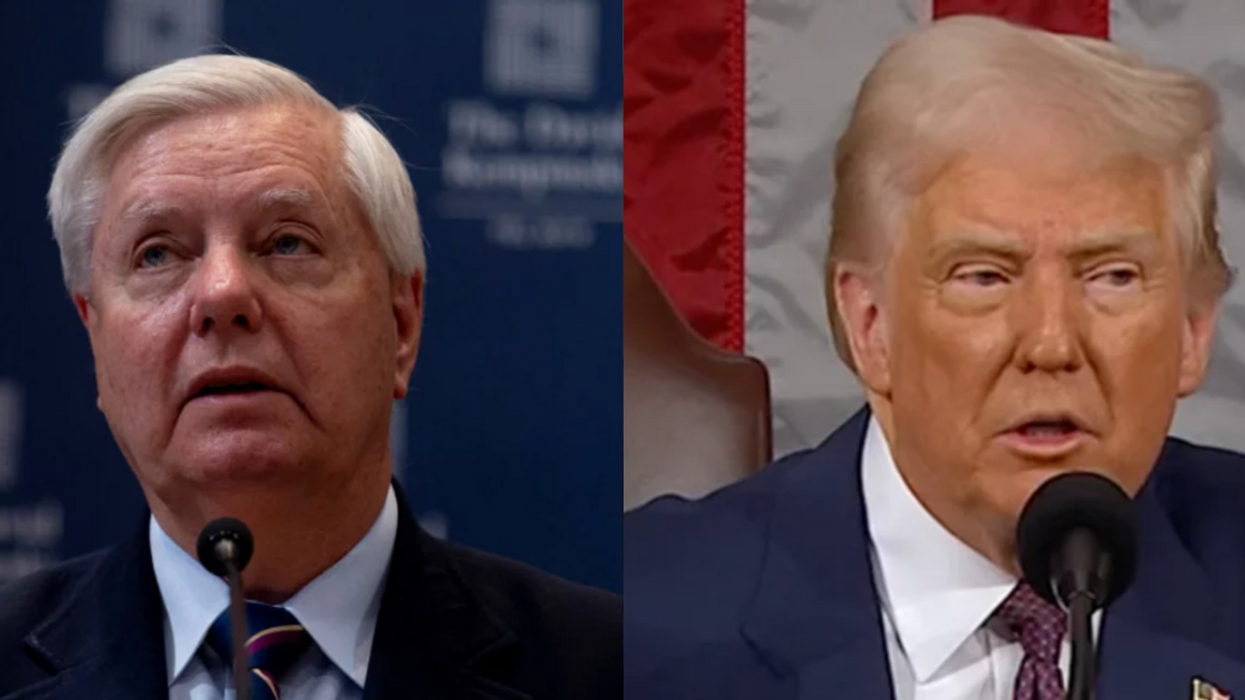
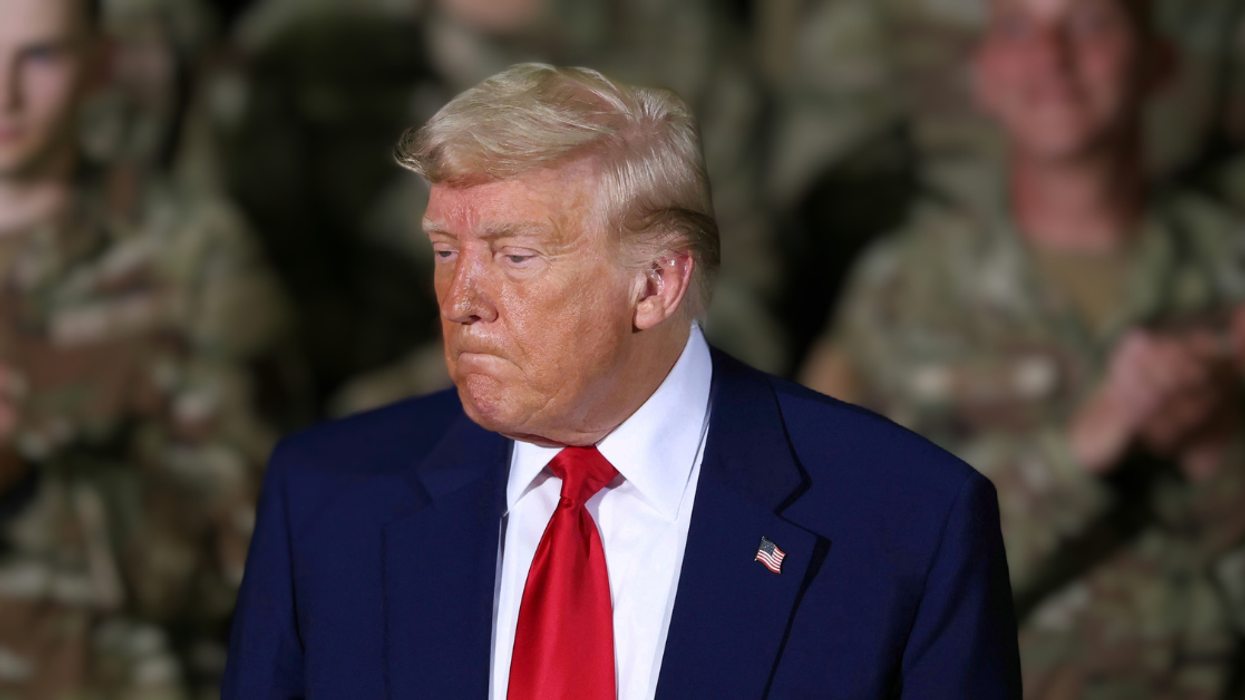
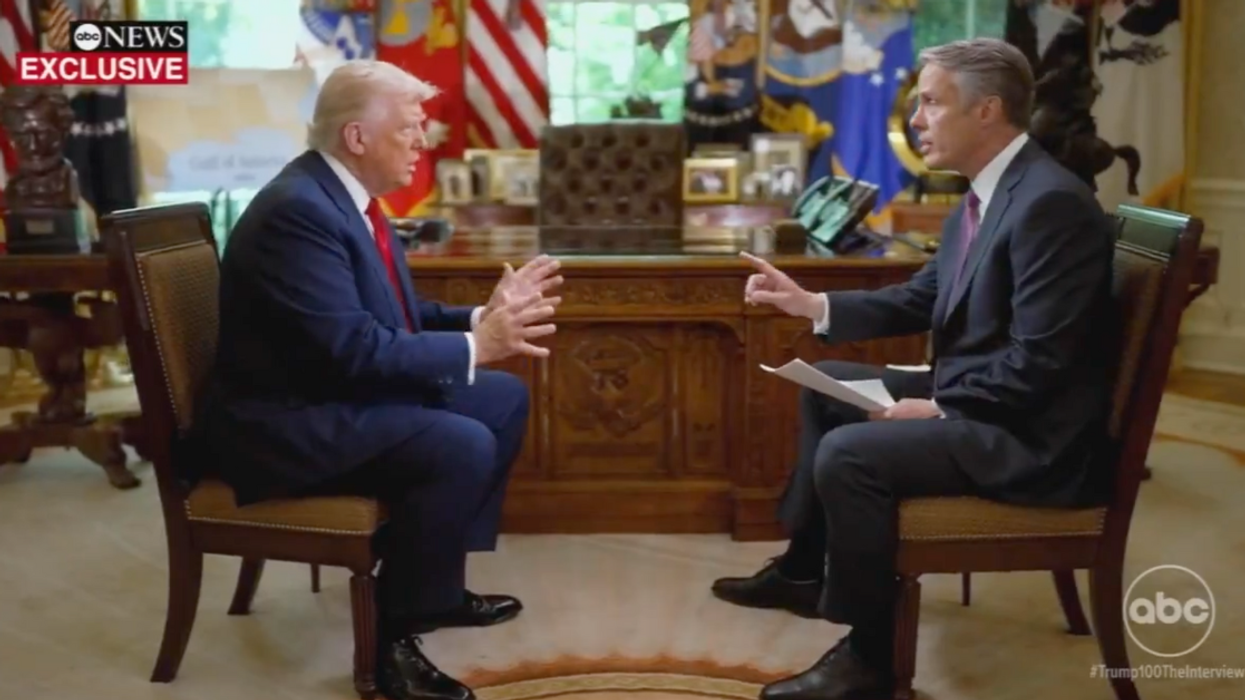
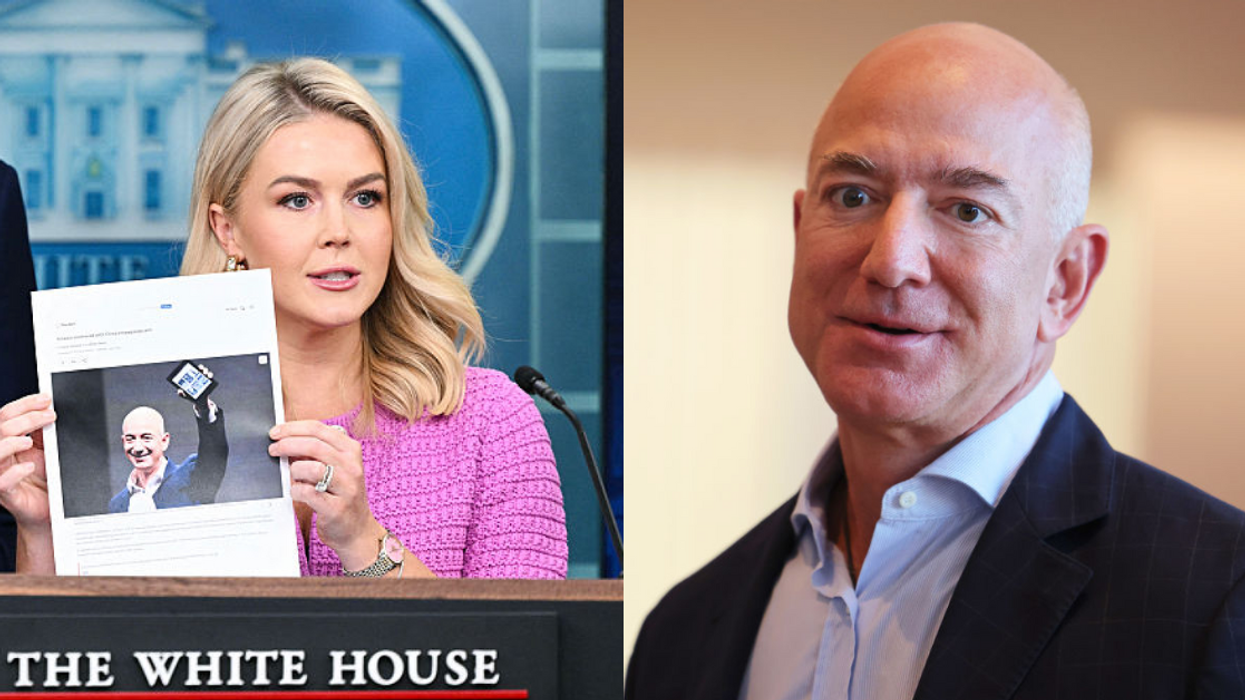
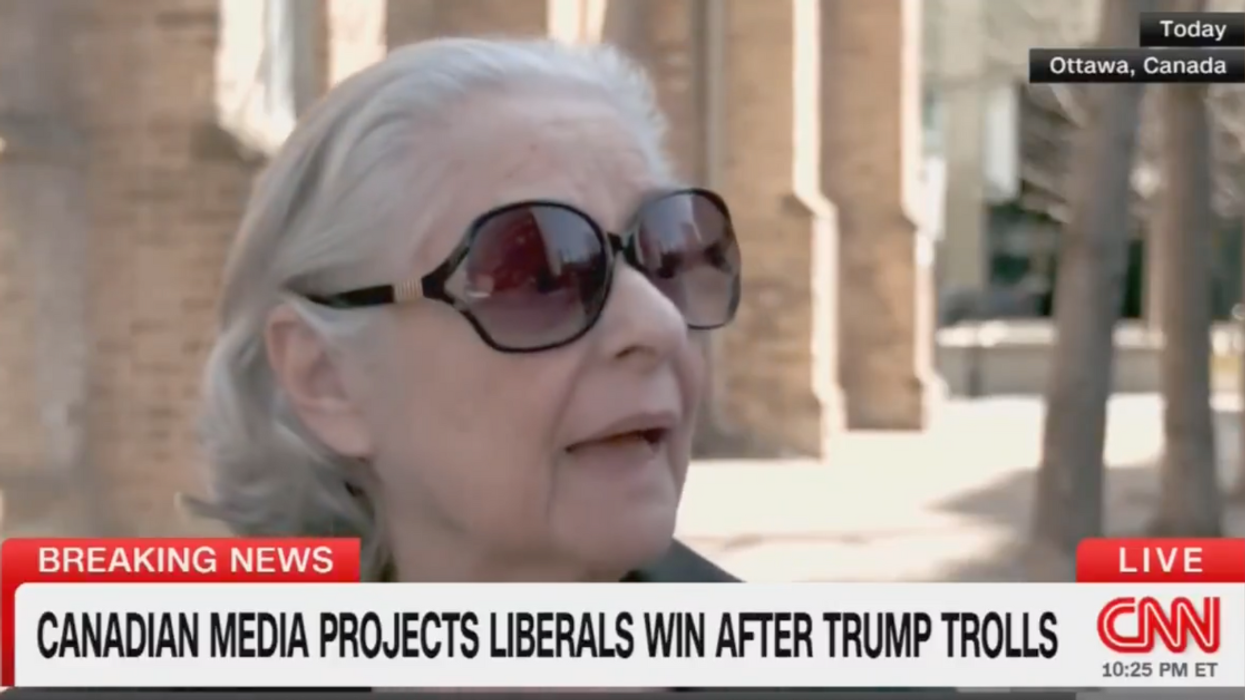
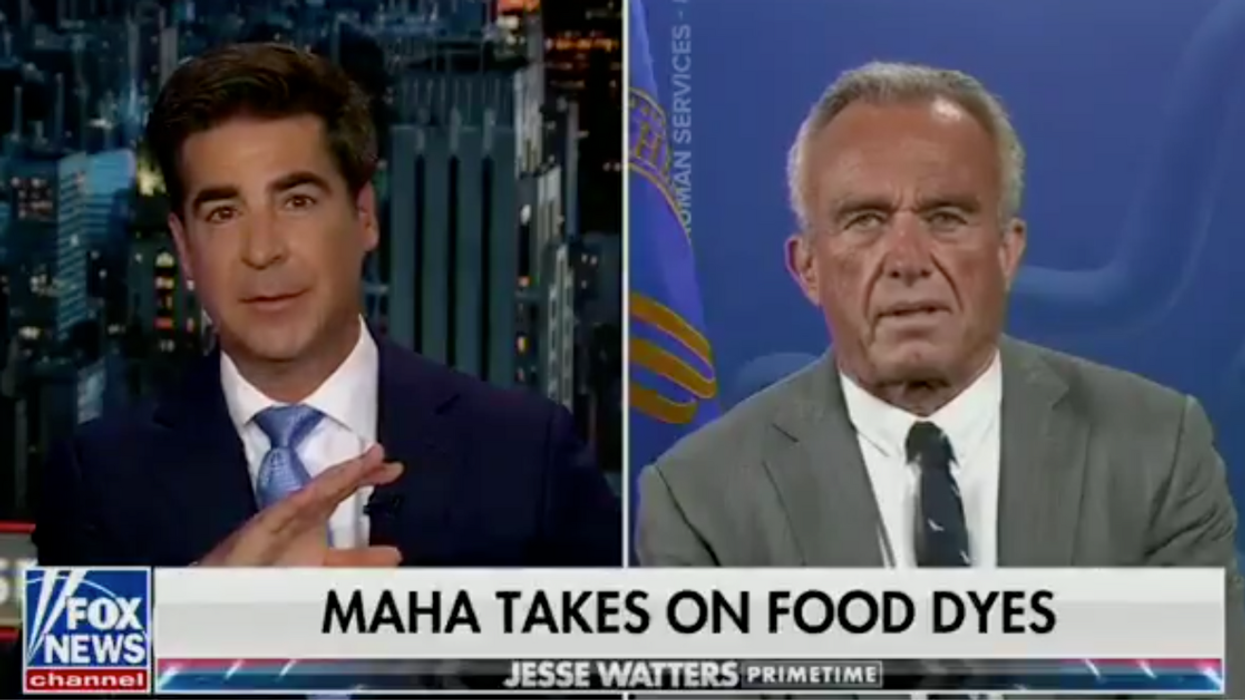
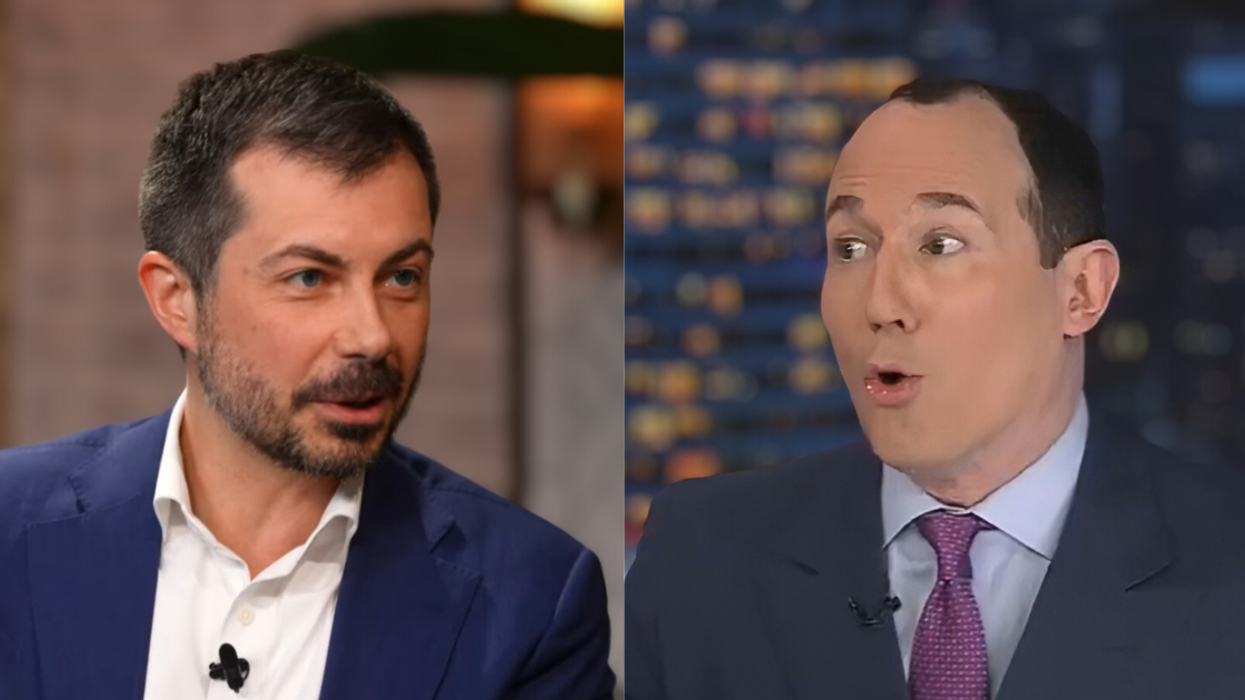
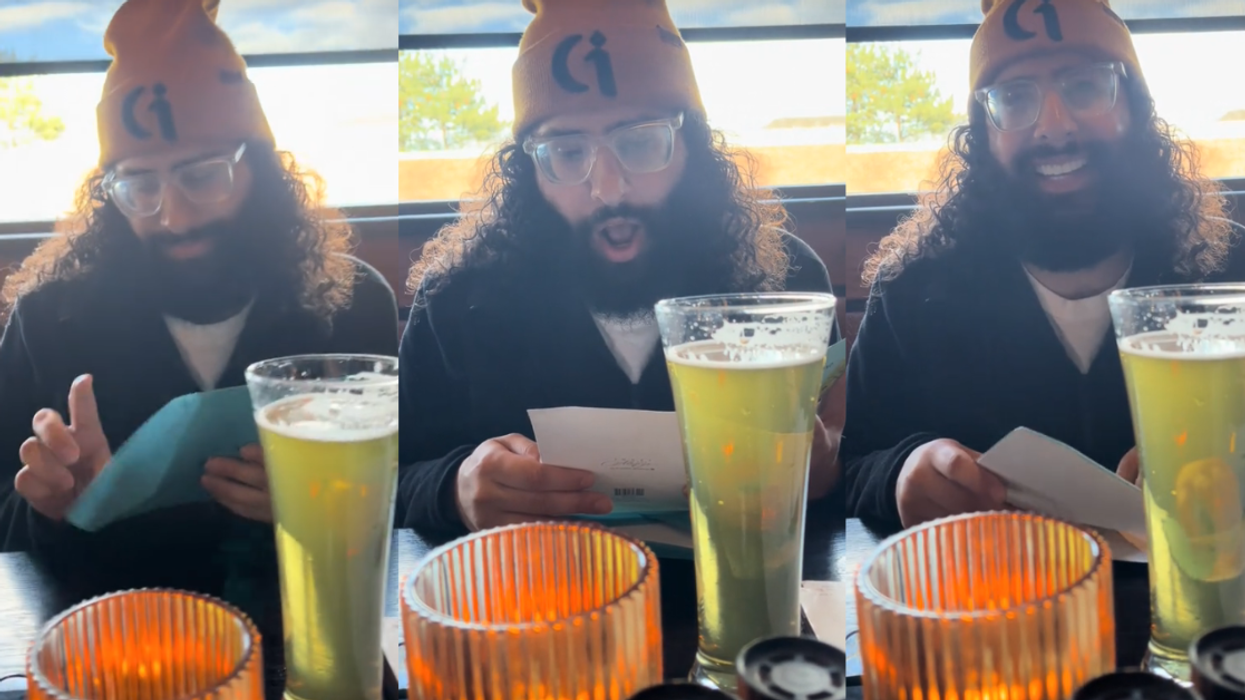
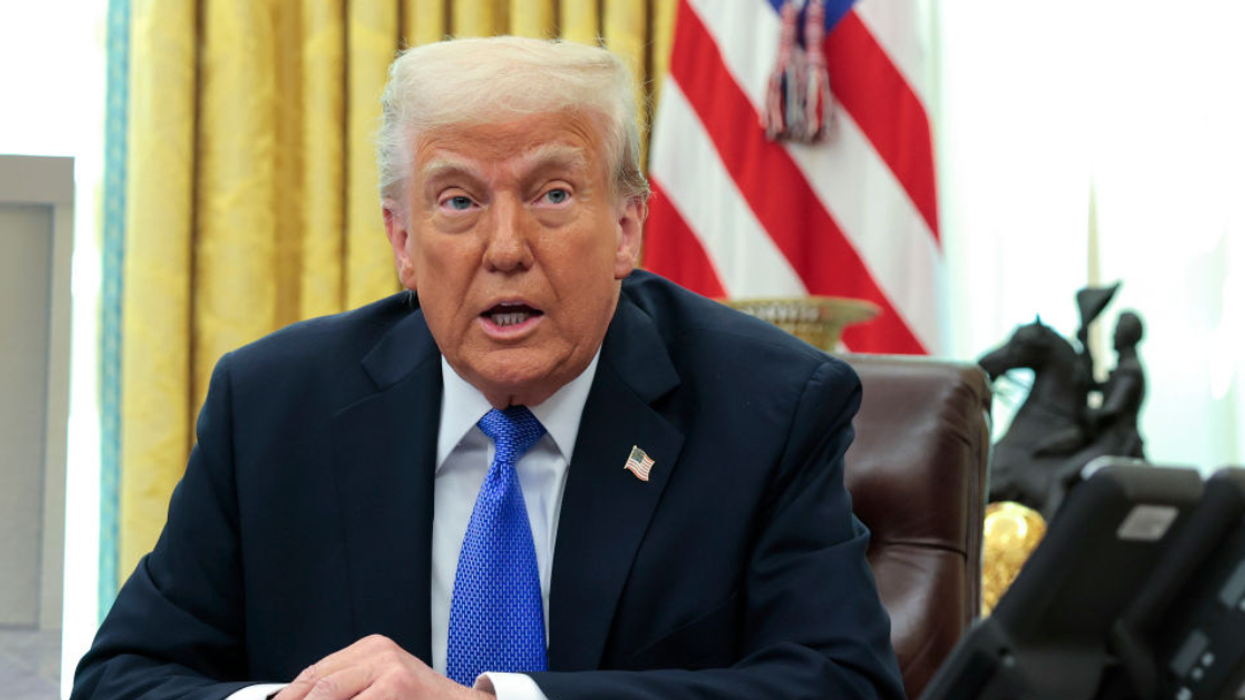
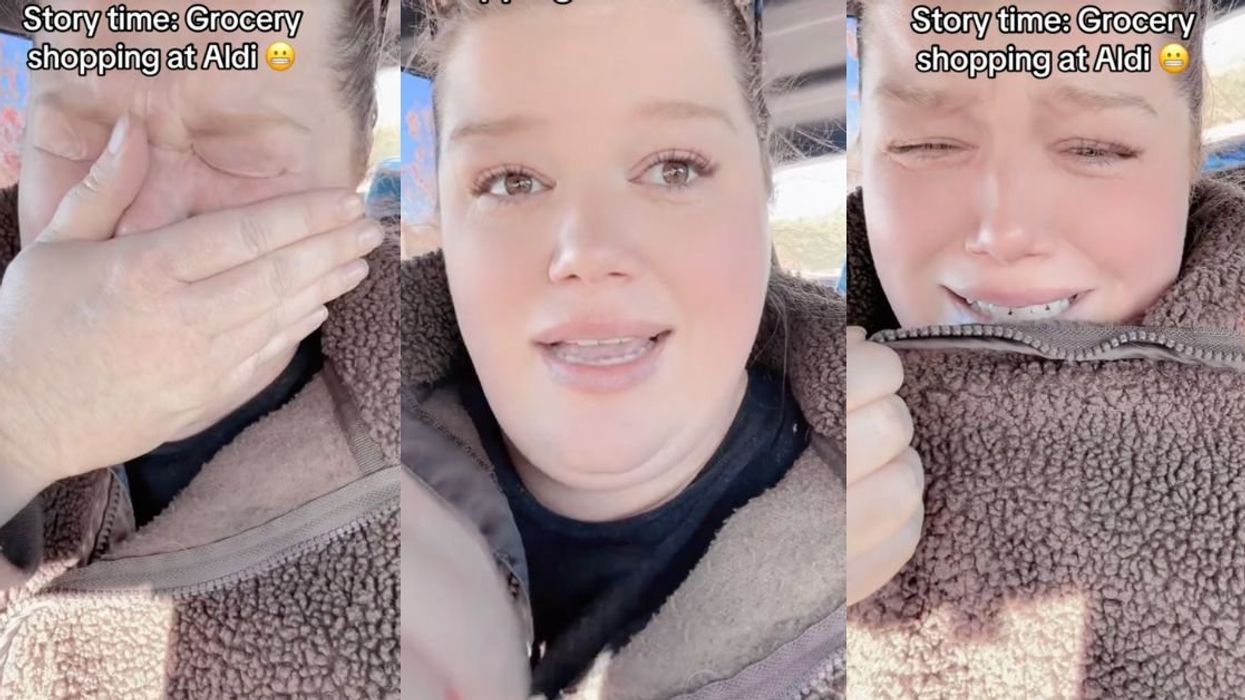
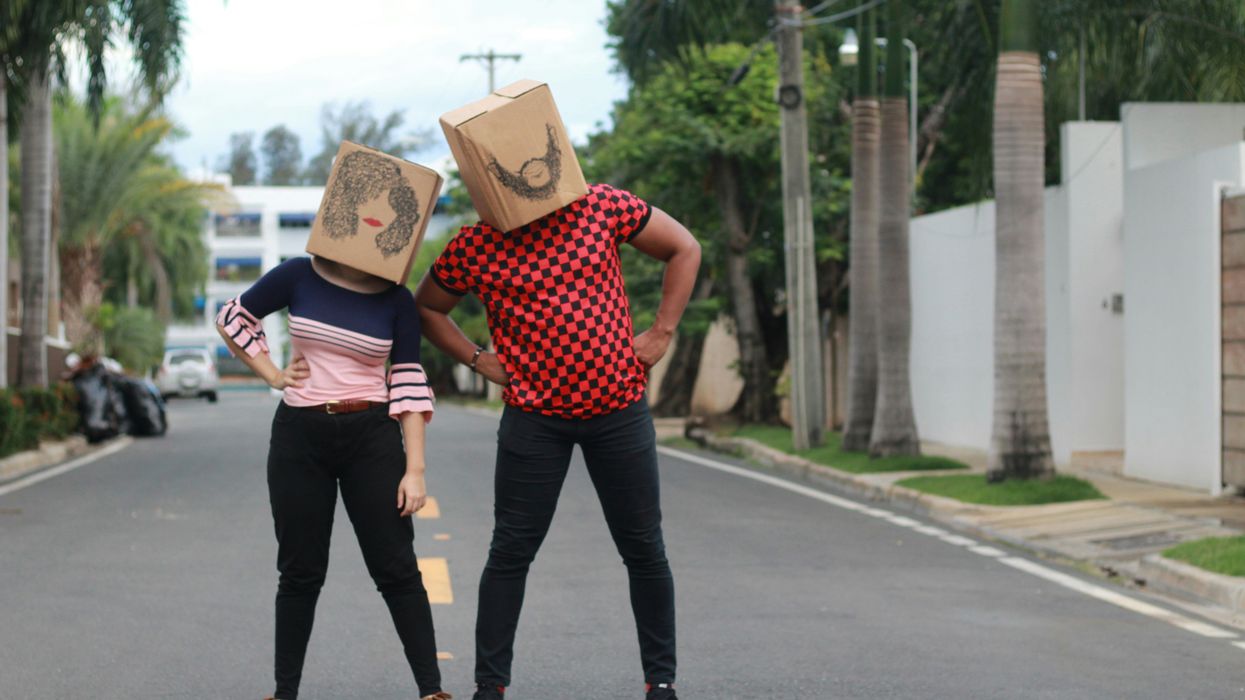
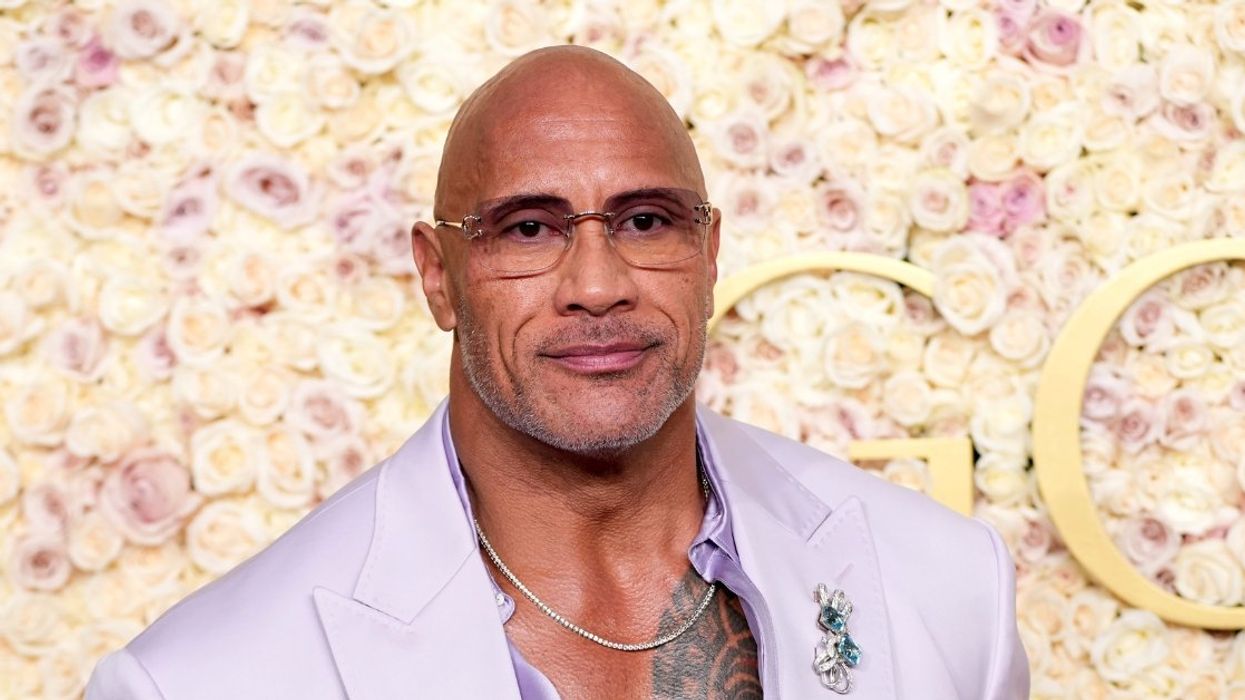
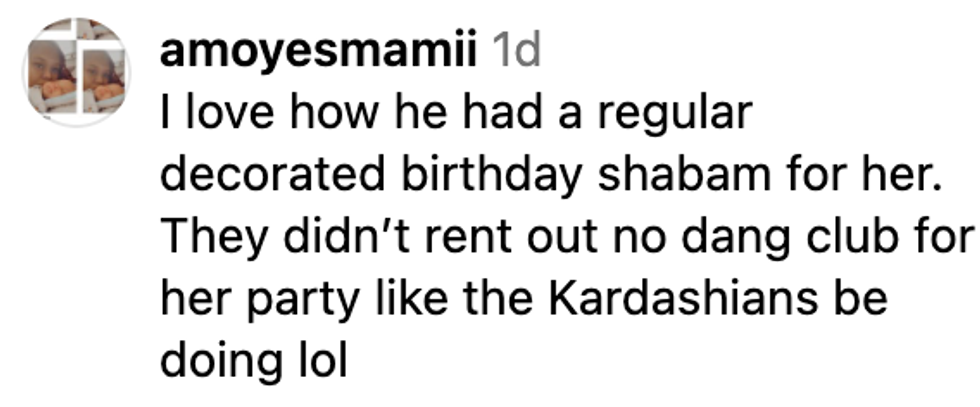 @amoyesmamii/Instagram
@amoyesmamii/Instagram @eclectic.wildflowers/Instagram
@eclectic.wildflowers/Instagram @robin_girlwonder/Instagram
@robin_girlwonder/Instagram @kirk19643/Instagram
@kirk19643/Instagram @reallymamamea/Instagram
@reallymamamea/Instagram @medicinemanwalk/Instagram
@medicinemanwalk/Instagram  @misschristina417/Instagram
@misschristina417/Instagram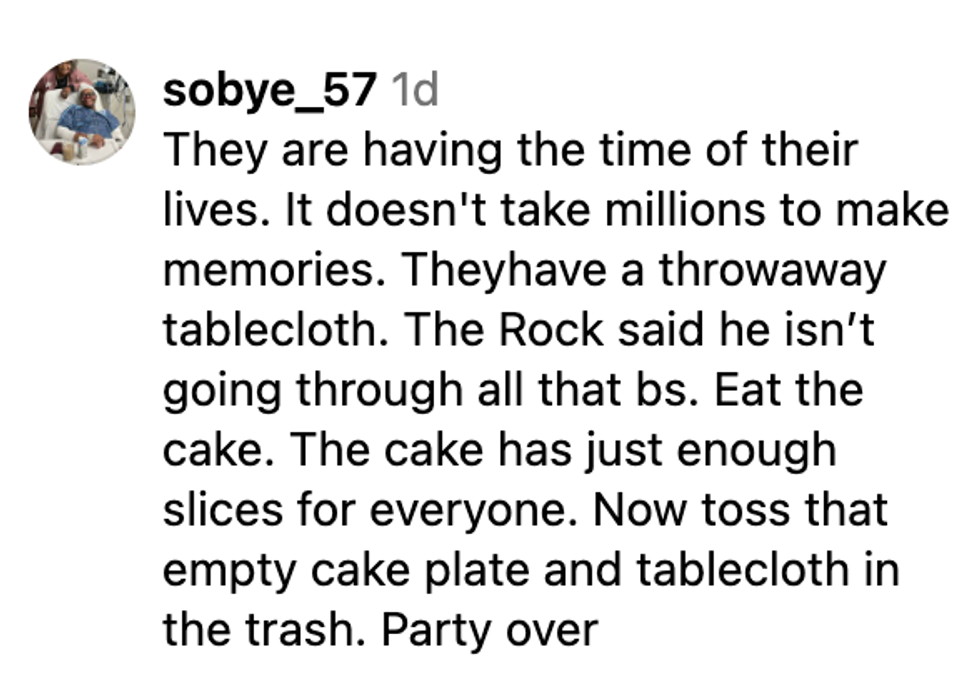 @sobye_57/Instagram
@sobye_57/Instagram @brookesluv4eva/Instagram
@brookesluv4eva/Instagram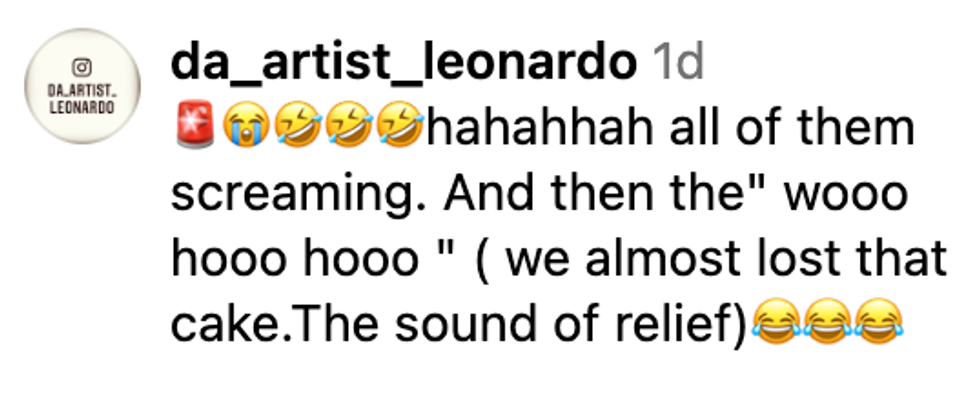 @brookesluv4eva/Instagram
@brookesluv4eva/Instagram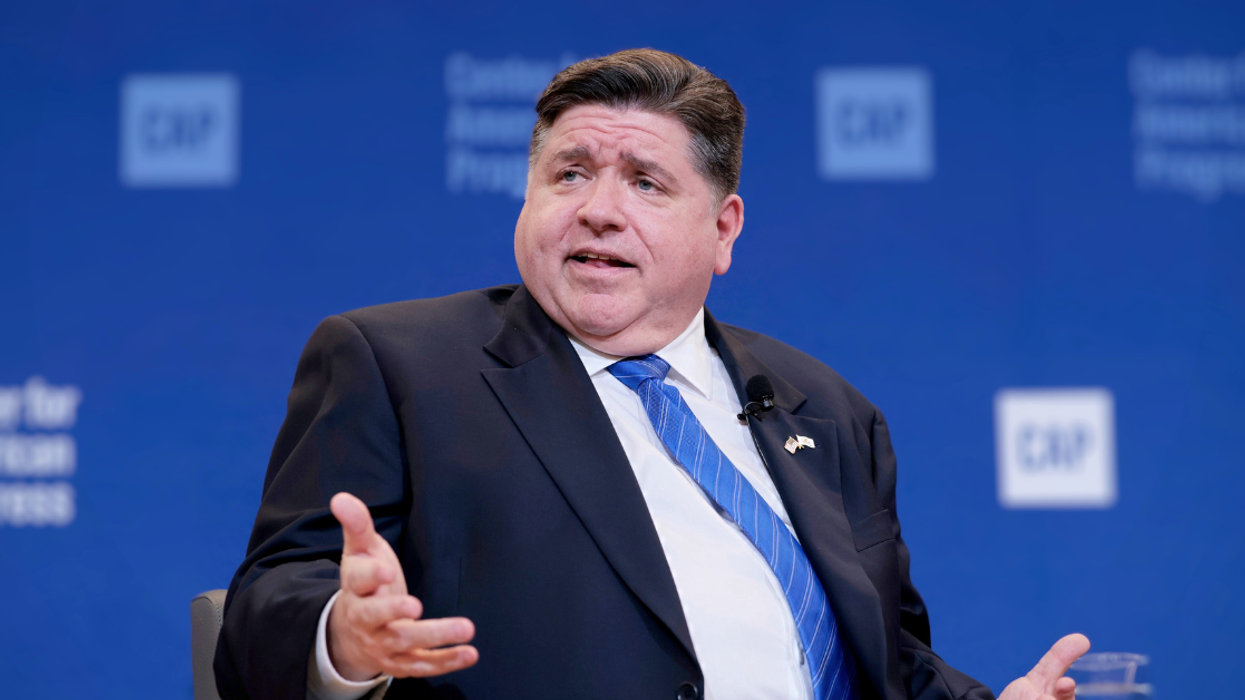
 @bennyjohnson/X
@bennyjohnson/X @DougMackeyCase/X
@DougMackeyCase/X